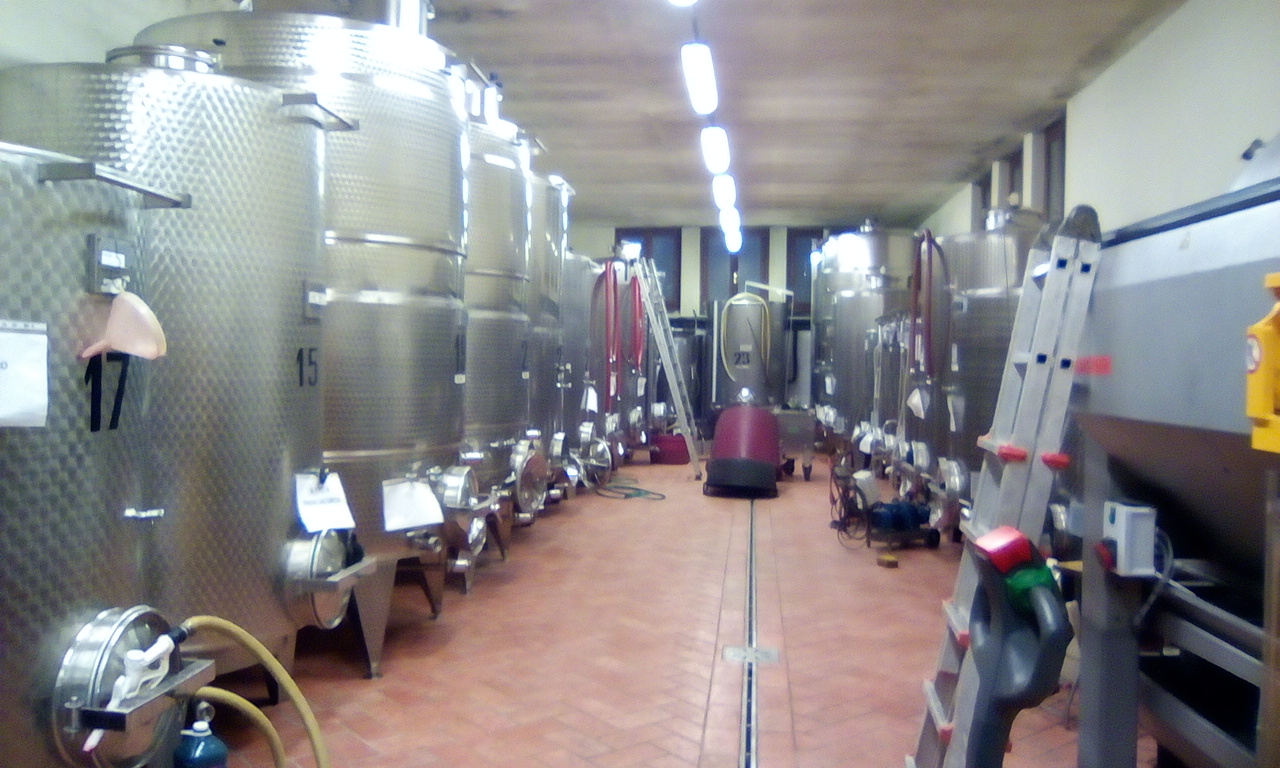Unraveling the Corporate Puzzle: Why Do We Still Chase Big Organizations?
It’s a question that many individuals find themselves pondering after transitioning from a smaller company culture to a corporate behemoth: why the attraction to large organizations, especially when experiences can often be quite disheartening?
Reflecting on my own journey, I spent nearly eight formative years in a relatively small company with a workforce of around 200 employees. The structure was remarkably flat—typically a triad of CEO, manager, and junior staff. Although there were senior team members, direct management was streamlined, allowing for a cohesive and collaborative environment.
Recently, I decided to take a leap into the corporate world by joining a Fortune 500 company. What ensued was among the most disillusioning experiences I could have imagined. Reading through various discussions online, especially on platforms like Reddit, I realized that my struggles were far from unique. A toxic work culture revealed itself, characterized by manipulative behaviors such as backstabbing, gossip, and the dreaded “telephone game” among managers. The values I held dear—team support, effective performance, and mutual respect—felt utterly out of place in this new environment.
For nearly a decade, I adhered to the belief that work should focus on productivity, teamwork, and personal growth. I engaged in my role with the mindset of elevating my coworkers and contributing positively to the company’s success. However, upon entering the corporate landscape, I discovered a jarring disconnect. Rather than striving for collective achievement, my colleagues seemed more invested in creating barriers and undermining one another, all while avoiding the core task of driving profitability and innovation.
This has left me wondering: What drives people to engage in such a self-defeating corporate culture? Is it just me, or do others genuinely wake up each day and choose to participate in this environment for decades on end? Are they comfortable with this seemingly backward approach to business?
While I understand that my lack of corporate experience might make me feel alien to this dynamic, I can’t help but question its productivity. Is there a hidden rationale behind this behavior that I’m missing? Surely, if such tactics were truly ineffective, they wouldn’t persist, right?
As I reflect on my time in corporate America, I’m left seeking closure. I observed that while I was grappling with discontent, my colleagues continued their routines as if this toxic atmosphere was the norm. What insight am I missing in this equation?
In sharing my










One Comment
Thank you for sharing such a candid and thoughtful reflection. Your experience highlights a crucial paradox: despite widespread disillusionment, many individuals remain engaged with large organizations. One reason might be the perceived stability, structured career pathways, and the prestige associated with big firms. Additionally, societal and cultural expectations often reinforce the idea that success equals climbing the corporate ladder within these entities.
However, your insight about the disconnect between corporate values and day-to-day behavior is especially compelling. It suggests that organizational culture can sometimes become decoupled from its stated mission, leading to dissonance and frustration. This raises important questions about leadership accountability and whether companies should prioritize cultivating authentic, supportive environments over maintaining appearances of competitiveness.
Furthermore, recognizing that such practices persist indicates that some employees may unconsciously accept or even participate in these dynamics due to lack of alternative options or fear of career setbacks. It underscores the importance of fostering workplaces that emphasize transparency, ethical behavior, and genuine collaboration.
Your reflection invites a broader conversation about how organizations can evolve to align their culture with their declared values, and how individuals can seek or build healthier work environments. Thanks again for sparking this meaningful discussion.